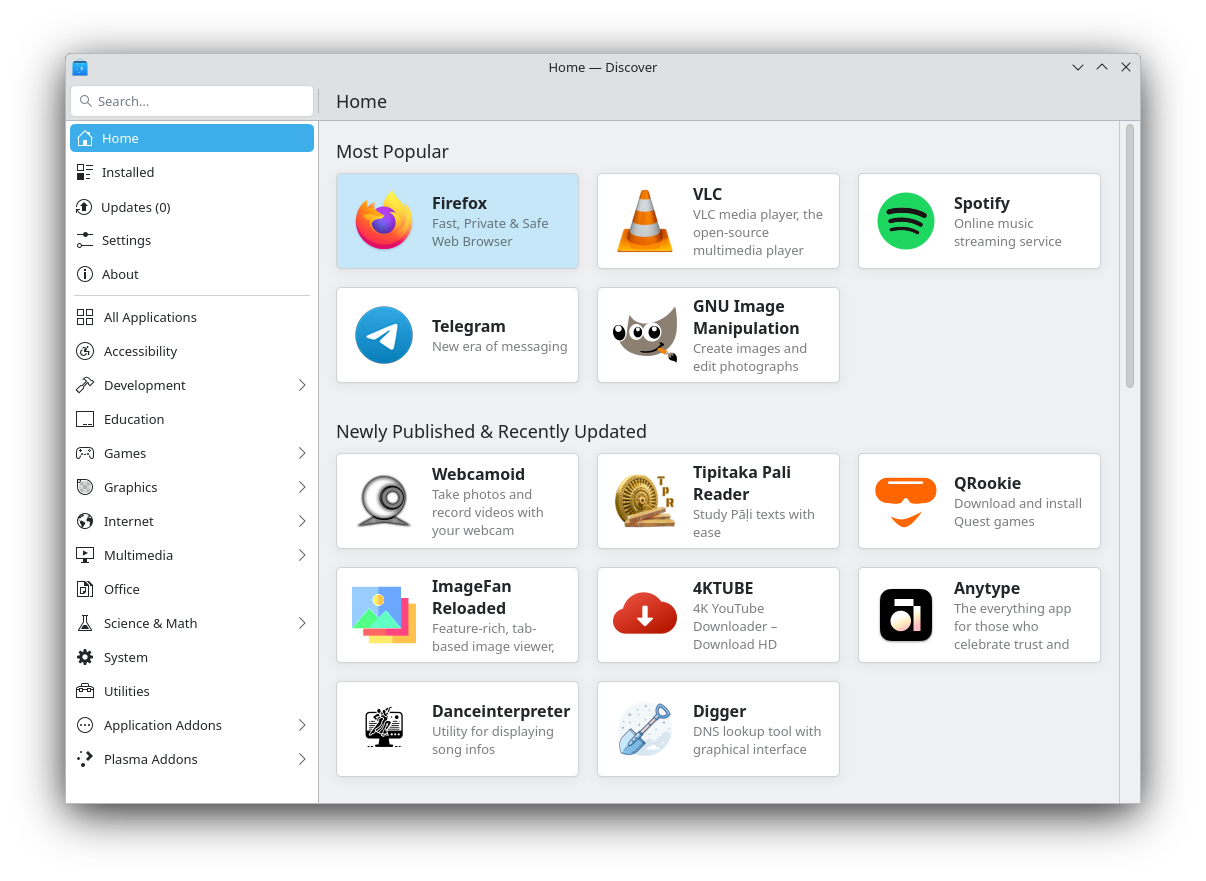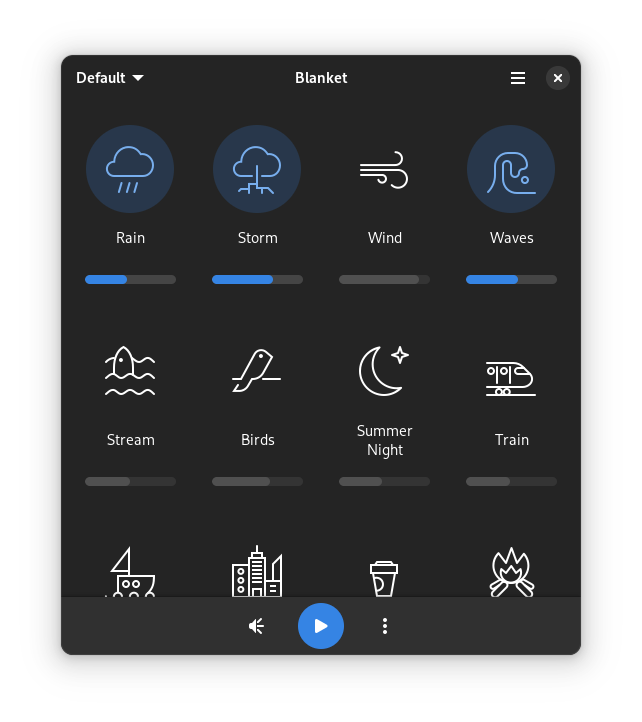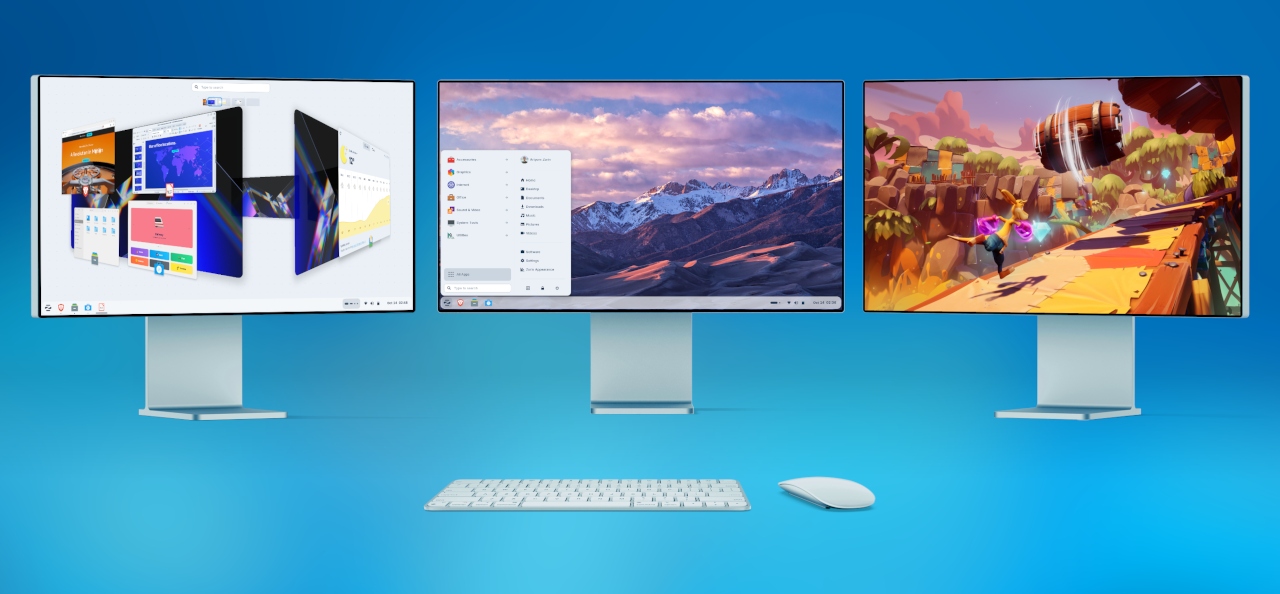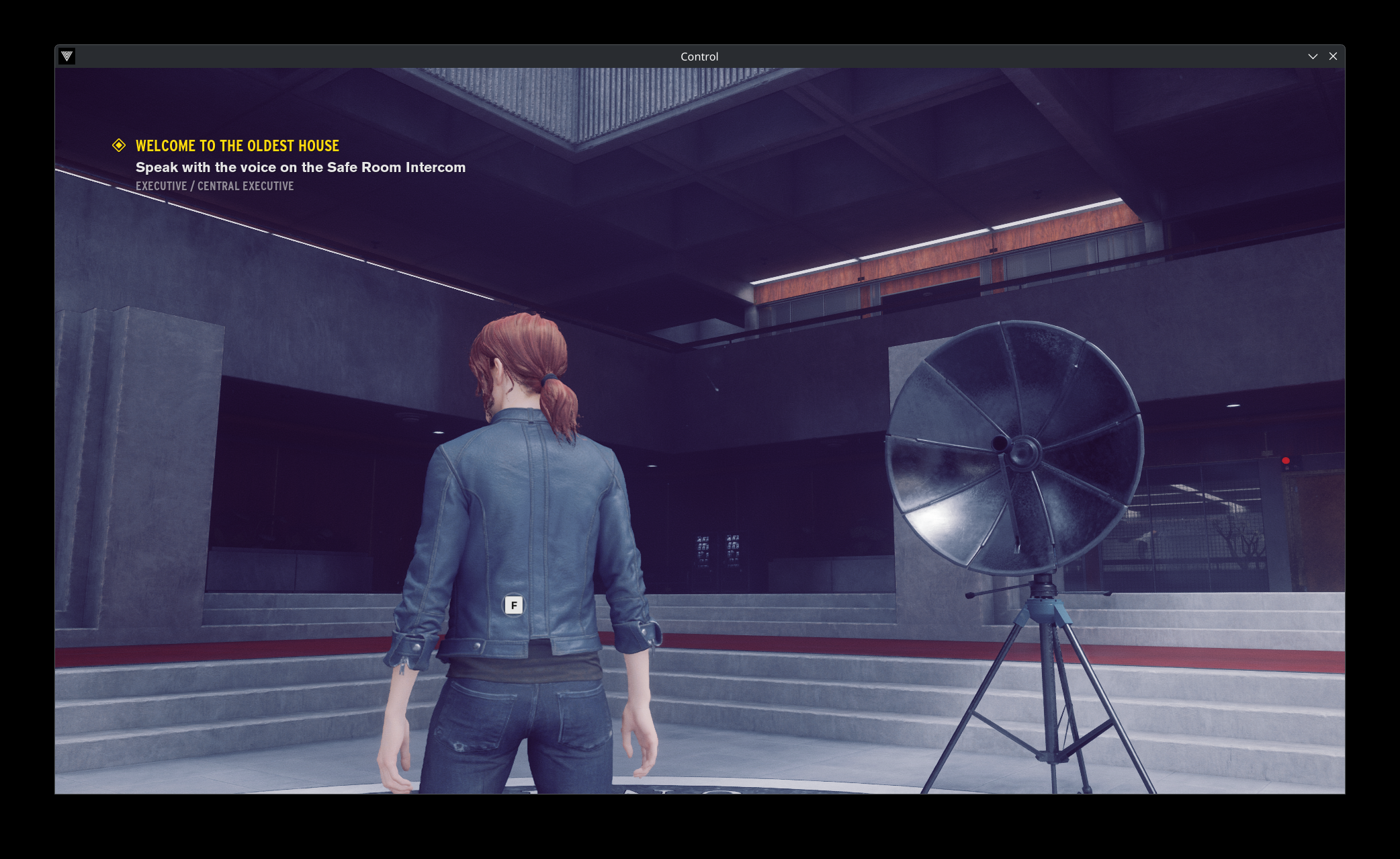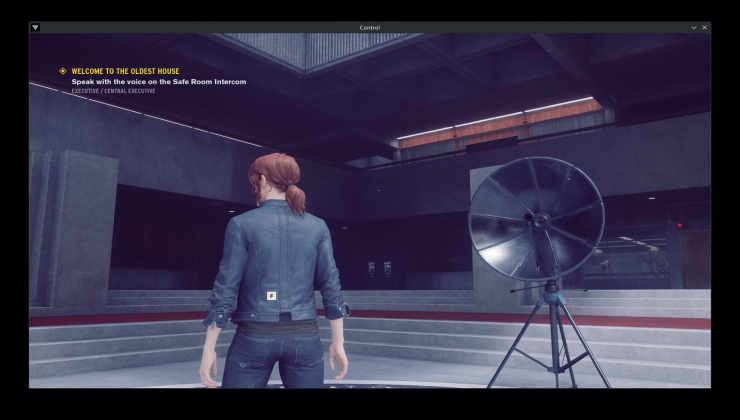
Here's a thread for all things Linux!
There is, of course, also a Gaming-specific Linux thread (and this thread)
What is Linux?
Linux is an umbrella term for a collection of operating systems. Linux proper is the kernel (core) of these systems, while system tools and desktop environments are provided by other projects, like GNU, KDE, GNOME and many others.
Linux was written originally in 1991 as an "Unix clone" (or rather, a Minix clone, with Minix being a Unix clone itself). Since then, development has been led by Linus Thorvalds.
There are several Linux versions, called distributions. The major ones are: Debian and its derviatives Ubuntu and Linux Mint; OpenSUSE; Fedora and its derivate Bazzite; Arch Linux and its derivatives Manjaro and SteamOS (and Android is also based on Linux). Each distro has several derivatives. Furthermore, there are a few desktop environments that each come with a suite of applications. There's KDE Plasma, the GNOME desktop, Xfce, and more. You could of course, run Linux just in a terminal, like Unix, its ancestor, used to be in the 1970s. In fact, there are some people who swear by the terminal.
Speaking of Unix: what is Unix?
You can't really talk about Linux without talking about Unix. But before Unix there was CTSS (Compatible Time-Sharing System), released in 1961, and Multics, a project to supersede CTSS (started in 1964). Bell Labs was involved in the Multics project, but withdrew from it in 1969 - and made Unix instead (its main author was Ken Thompson, with major contributions from Dennis Ritchie, who also wrote the C programming language). From Unix came BSD (Berkeley Software Distribution, 1978), and from it came open-source Unix versions like FreeBSD, but also Darwin (the base for MacOS, which is also a Unix). Nowadays, there are several Unix versions (for example, IBMs AIX, HP-UX, Oracle Solaris), like there are many Linux versions. It's no longer one single system, but a specification of standards.
Here's a cool video where the folks from Bell Labs introduce Unix, from 1982. And here's an interview with Ken Thompson, conducted by Brian Kerninghan (who also wrote a very informative book on the history of Bell Labs and Unix).
But what distro should I choose?
It depends what you want from your system, and how much effort you are willing to put in. The simplest Linux versions are probably Ubuntu and Linux Mint. You'll gonna wanna check if your hardware is fully supported by Linux (drivers are usually included in the kernel, so the distro matters less here). For example, AMD GPUs work better than NVIDIA cards. You should make sure if any software you absolutely need is supported. If it isn't, you can check if you can run it via WINE or commercial implementations like Crossover. There might also be an open-source alternative available that could suit your needs. Note that not all software is supported on all distros. But there is a universal package format, Flatpak, which should (at some point) make this problem a thing of the past.
But what if my specific software doesn't run?
You could always dual-boot. This is quite easily possible with Windows (or, if you are on an Intel Mac, MacOS). You can also run many Linux distros as a live environment straight from a bootable USB drive to test out what its capable of and what it supports.
How do I get started?
After you decided which distro to go with, maybe after watching a video on Youtube that showcases the currently "best" distros, you might want to check out desktop environments. GNOME and KDE are the currently major ones, but there a plenty of options, and new ones are always being developed. You can also install more than one DE, but since there is functionality overlap, this can lead to issues.
You will also need to decide whether to install alongside your existing OS, or wipe the disk and use Linux as your sole OS. Most major distros have good installers that will guide you well. Some distros are more complicated in that regard, like Arch or Gentoo. You could also completely build Linux and everything from scratch, it is, after all, free and open source.
If you have a Steam Deck, you can use it in Desktop mode to test out things. It runs on KDE Plasma; and its an immutable system which you cannot break. Speaking of immutable, if you are afraid of breaking things, you could consider things like Fedora Silverblue.
What's next?
If you never used Linux before, it might take some getting used it at first. KDE Plasma is probably the most Windows-like experience, whilst GNOME is closer to MacOS. But both can be configured and tailored to your needs (KDE out of the box, GNOME with shell extensions) If you run into troubles, usually distros provide community forums, and Arch-based systems have the Arch Wiki as a knowledge database that you can consult.
Installing things on Linux is also a bit different than Windows or MacOS, you usually have a package manager from your distro, or things like KDE Discover. Or you could always use the command line (for example, "sudo pacman -Syu" will update your apps on an Arch-based distro).
I broke my install, can you help me?
Probably not me personally. I solve my own computer problems by searching online ("computer problem + linux + reddit") and I'm by no means an expert (I can't code, either). But I'm not the only Linux user here, so it can't hurt to ask.
And: always remember to backup your stuff before installing a new OS!
I wanna know more about Linux!
There's many YouTube channels and websites dedicated to Linux news that you can take a look at!
Here's a few — please note I dont endorse anything they might be saying; I dont generally follow them; I just collected them for the sake of this thread:
LearnLinuxTV • Michael Tunnell • The Linux Experiment • GamingOnLinux • Phoronix • Its FOSS News • OMG Linux
I wanna contribute!
If you want to contribute, Linux projects always need help (you could also donate to projects). I linked a few ones throughout this text.
Lastly, whats your Linux story?
Coming from the DOS/Windows world (and also using MacOS for work), I started using Linux sporadically in the early 2000s, with things like SUSE. I was never very successful in using it long enough until Ubuntu came out and made things real easy. I've been using Linux ever since, on and off; often as a secondary system (especially when Windows 7 was around, which was good Windows version).
After GNOME 3 came out and radically changed how it looked and worked, I mostly used Linux Mint (which kept the GNOME 2 interface around with a fork of the old codebase). Then, around 2021, when Valve announced the Steam Deck, they recommended Manjaro Linux to test out Proton; and I used that ever since (with KDE Plasma). I also have Arch Linux installed on a laptop just because I wanted to test it. Additionally, I use MacOS and have several KDE applications installed on it. In fact, I'm typing this using Kate on my Macbook. Just because it was silly enough to type a thread about Linux ... not actually on Linux. I considered typing it with ed (the original Unix editor), but that is too esoteric even for me.
Anyway, let's use this to talk everything and anything Linux!
 And please note that this is not the ultimate guide to Linux. Like I said, I'm by no means an expert, and I guarantee you, I have forgotten things to mention. And I'm very biased towards Manjaro and KDE, and it surely shows.
And please note that this is not the ultimate guide to Linux. Like I said, I'm by no means an expert, and I guarantee you, I have forgotten things to mention. And I'm very biased towards Manjaro and KDE, and it surely shows.
Reason: typo ... there surely are more
Last edited:








 Your Personal Streaming Service
Your Personal Streaming Service